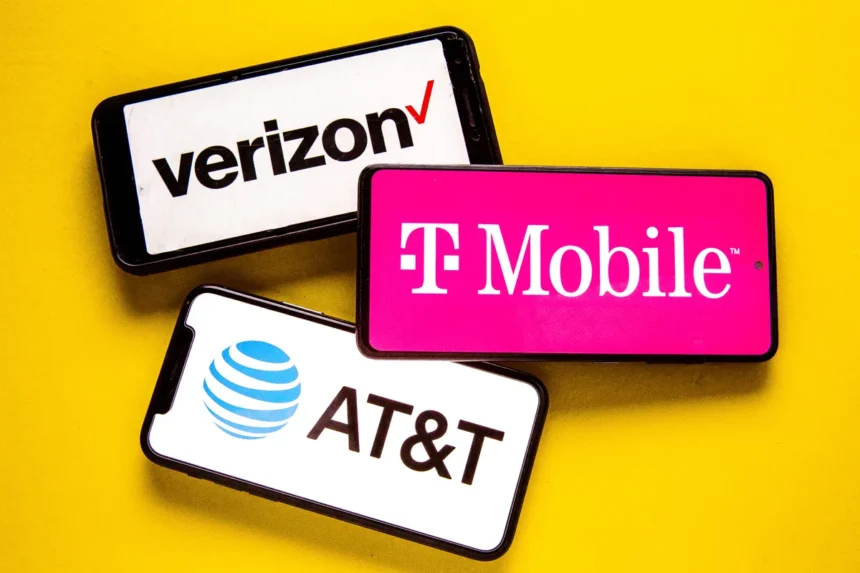The Federal Communications Commission (FCC) has imposed hefty fines totaling $196 million on the three major U.S. mobile carriers — T-Mobile, AT&T, and Verizon — for illegally sharing customers’ real-time location data without their consent. The fine is significant in the ongoing user privacy-corporate accountability debate.
What’s Happening & Why This Matters
The fines are distributed as follows: $80.1 million for T-Mobile; $57.3 million for AT&T; $46.9 million for Verizon. Additionally, T-Mobile is responsible for a $12.2 million fine previously issued to Sprint (Sprint merged with T-Mobile in 2020). “FCC’s actions crystalizes the importance of strong legal recourse for consumer data violations,” states a telecommunications lawyer. “Regulation, transparency and enforceable privacy practices must be unified.”
The issue first came to light in 2018, leading to a public outcry over privacy violations. Investigations revealed that the carriers had sold access to precise location data to “aggregators”. The “aggregators” then resold this information to third-party service providers, often without obtaining valid customer consent. The sales violated Section 222 of the Communications Act that safeguards consumer data privacy. Despite initial measures to rectify these practices, the carriers reportedly continued to sell access to location information without ensuring proper protections against unauthorized access.
Key Actions and Results:
- Investigation Findings: The FCC Enforcement Bureau found that all three carriers had attempted to offload their legal obligations to obtain customer consent onto third parties. This resulted in widespread unauthorized access to sensitive location information.
- Public and Regulatory Response: Following the exposé, there was significant public backlash. The carriers discontinued the criticized data-sharing programs. However, the FCC’s fines reflect a broader intent to enforce stringent data privacy standards.
- Carrier Reactions: All three carriers have expressed intentions to appeal the fines. They argue that the penalties are excessive. Each further contends that the data-sharing agreements were terminated years ago. The carriers claims they made subsequent efforts to enhance consumer data protections.
TF Summary: What’s Next
The FCC’s fines against T-Mobile, AT&T, and Verizon is a hallmark for privacy laws within telecommunications. These penalties serve as a warning that more rigorous regulatory scrutiny of data privacy practices is here. As the carriers prepare legal rebuttals, the outcome of their appeals could further reshape digital privacy protection and corporate responsibility.
THE BOTTOM LINE: Governments will hold companies to higher ethical standards when handling users’ data.


